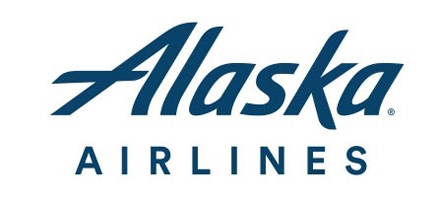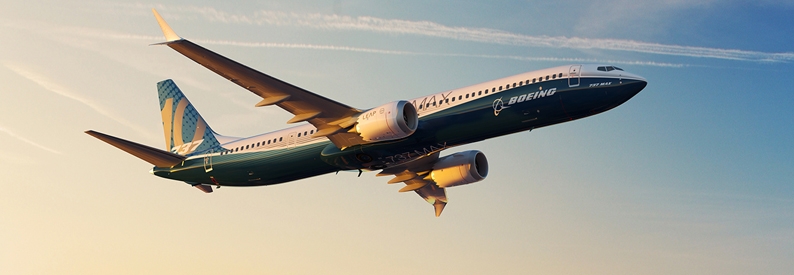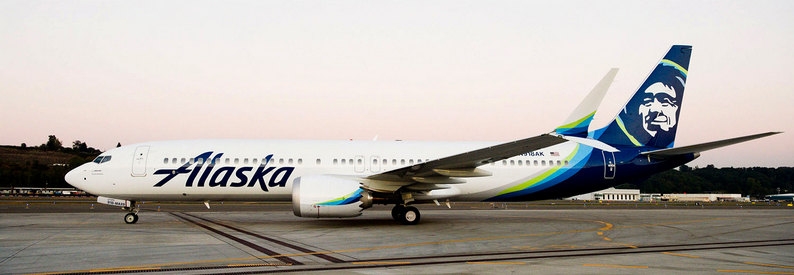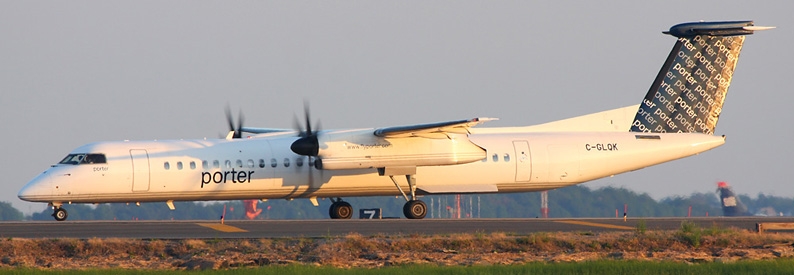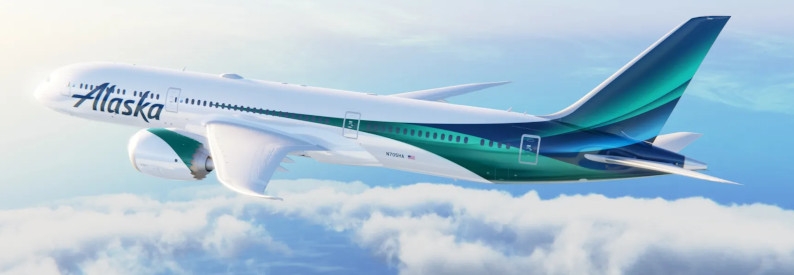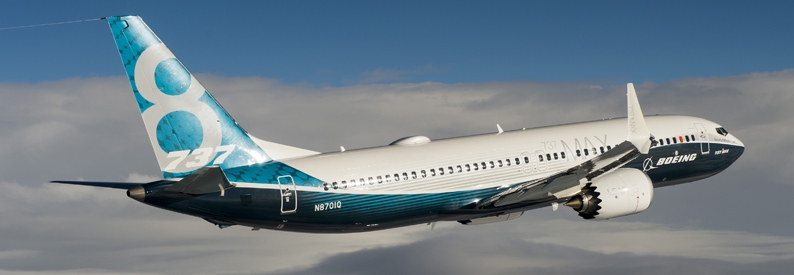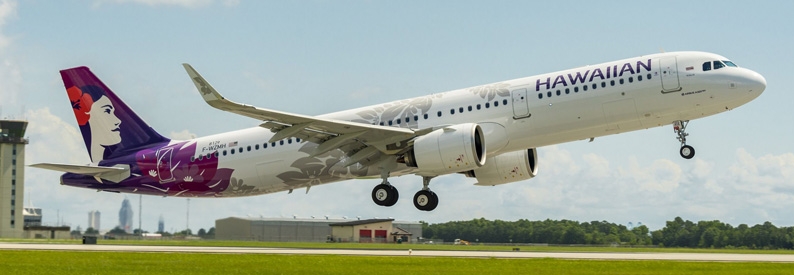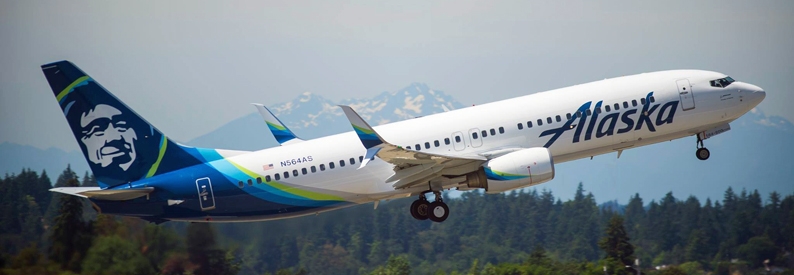In a worst-case scenario, Alaska Airlines (AS, Seattle Tacoma International) may close or downsize its Californian crew bases following a decision by the US Supreme Court insisting that flight attendants in that state have the right to rest and meal breaks.
This has emerged from a series of webcasts between Alaska Airlines management and flight crews in which the airline sketched out possible scenarios in how it planned to comply with Californian state labour laws.
The session followed a decision by the US Supreme Court not to hear Alaska Airlines’ appeal to a ruling by the Ninth Circuit Court of Appeals on February 23, 2021, that Virgin America flight attendants - and any flight attendant based in California - had the right to rest and meal breaks.
Asked for comment, an Alaska Airlines stated it was "carefully evaluating how to balance California law with the federal rules that cover airline crew duties". It added: "We’re disappointed the US Supreme Court declined to hear our appeal of the Ninth Circuit Court’s ruling that requires airlines to provide California-based flight attendants meal and rest breaks during which they can have no duties and must be free to leave the aircraft, no matter where the aircraft is physically located or what is happening on the flight."
According to US media reports, it had emerged from the webcasts that the airline had been scenario planning in the event the ruling didn’t fall in their favour. One of the scenarios discussed had been closing or downsizing their California crew bases, therefore removing their obligation to comply with the law.
The “easy fix” of adding an additional flight attendant to flights to allow for rotating breaks, as recommended by the court, would be the most expensive option as this would remove a passenger seat from the inventory, management said.
The case came about after flight attendants brought a lawsuit against Virgin America (Bernstein versus Virgin America) for breaking California’s meal break rules. When Alaska Airlines acquired Virgin America, it became a co-defendant in the case, which is presently pending in the US Federal District Court, according to information shared by the Association of Flight Attendants (AFA) representing the nearly 6,000 cabin crew members at Alaska Airlines.
The AFA said the District Court has been directed to revise the judgment. Alaska Airlines has made several arguments in opposition. The District Court will hear the motion on August 18, 2022. The plaintiffs have asked the court to enter a judgment awarding damages of USD42 million.
The AFA pointed out that the ruling in the case was limited: it found Virgin America (and Alaska Airlines only as a successor-in-interest to Virgin America) liable for meal and rest periods only for flights within California and only for the time period of March 18, 2011, to December 15, 2017.
California’s Labour Code, employees who work for more than five hours are granted an uninterrupted 30-minute meal break. A second break is required for employees who work for more than 10 hours and transportation workers are entitled to an additional 10-minute break for every four hours at work, reported cabin crew recruitment site Paddle Your Own Kanoo.
Californian labour laws are far more generous than federal regulations that generally govern work and break rules for flight attendants and pilots. Airlines have warned that airfares will have to rise if they are made to comply with local state laws that govern employee breaks because they’ll need to employ more aircrew.
- Type
- Base
- Aircraft
- Destinations
- Routes
- Daily Flights
